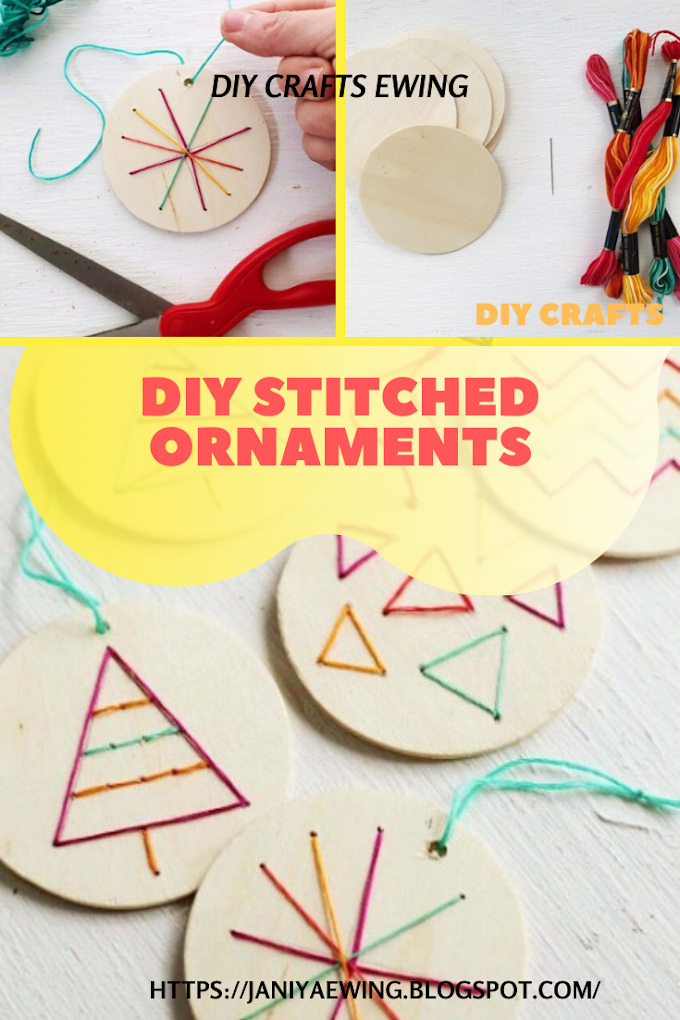300x600
How To DIY Terrariums with Terrain
Terrariums are one of my favorite ways to add a little outdoor life to the home. The best thing about them is how easy they are to make – and once you know how, it becomes addicting. Trust me – you’ll want to make hundreds, experimenting with different types of plants, flowers, colors, shapes, textures…they’re so much fun! This Sunday I had the opportunity to attend a terrarium workshop at Terrain, which I’ve been wanting to do for a while now. Not only was it a great way to spend a beautiful spring afternoon, I also learned a lot about these sweet little plants and how to keep them healthy. And of course, I documented the whole thing so I could share the tutorial here on the blog!
What you need:
– Your terrarium of choice. A completely enclosed terrarium requires little or no watering. If it is an open terrarium, you may have to water once a week or on a monthly basis. Enclosed terrariums are best for plants that require a moist environment – they keep the water in, and you’ll typically see condensation on the inside of the glass. I used a round glass vase that has a large opening, because I made a terrarium that is drier and doesn’t need much water.
– Your plants of choice. Terrain has a whole section of terrarium plants that you can pick and choose from – but you must stick with using either succulents or moisture-loving plants – you should not mix the two, because they require different environments (succulents can live in a dry environment).
– Planting materials: rocks, charcoal and soil
After examining the selection of plants I decided to go with succulents – I loved the colors of the plant above, and the little mini cacti!
Step One: Add your base layer – this can be rocks, gravel, pebbles or course sand. This layer is for drainage, and depending on the size of your container, you will want to spread at least 1” of drainage material evenly across the entire bottom of your terrarium.
Step Two: On top of the drainage layer, add a thin layer of activated charcoal (aquarium filter charcoal). This layer will help clean the air of the fumes caused when the organic materials begin to decompose.
Step Three: Add soil – all purpose houseplant potting soil is fine. You can play around with this layer to add depth and contour to your landscape with different levels of soil. Make sure you have enough soil that when you put in your plants their roots are fully surrounded by soil and not extending to the charcoal/gravel layer.
Step Four: Now you can add your plants! Think about how you want to arrange them first, and then dig little holes in the soil to place them. Pack in the soil tightly around them.
Step Five: Once your plants are in, you can add finishing touches like larger rocks and stones, moss, sticks, you name it!
I love my little terrarium! Since I used succulents, it requires lots of sun and doesn’t need much water – just a light spritz here and there. Thank you so much for the workshop Terrain! For added inspiration, here are some other awesome terrariums people made on Sunday:
A larger terrarium like this one allows for more room to play around with plants!


















0 Komentar